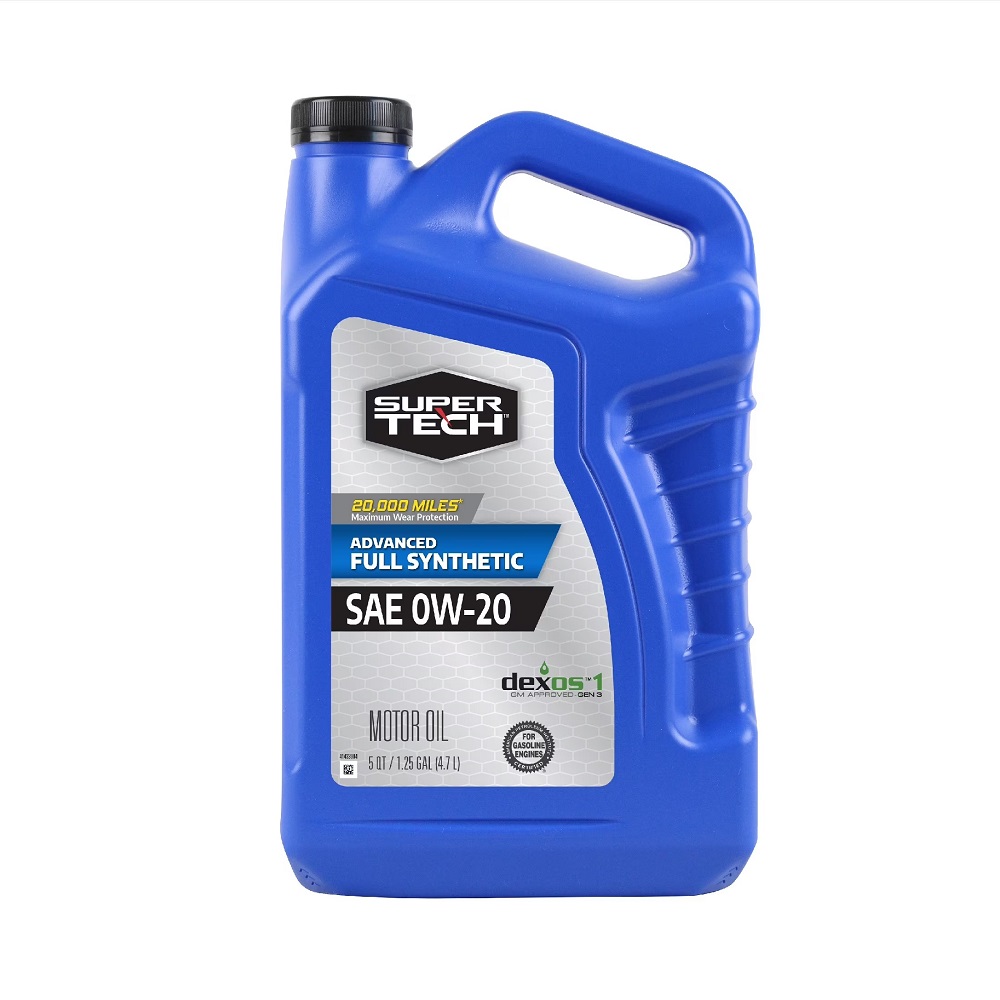Selecting the right motor oil is crucial for any motorcycle enthusiast. It directly influences engine performance, longevity, and overall efficiency. Among the various options available, 10W40 is a popular choice for many motorcycle riders. This article will explore what 10W40 motorcycle oil is, its benefits, the differences between synthetic and conventional oils, and essential factors to consider when choosing the right oil for your bike.
Understanding 10W40 Oil
What Does 10W40 Mean?
Motorcycle oil ratings like 10W40 refer to a specific grading system defined by the Society of Automotive Engineers (SAE). The “10W” indicates the oil’s viscosity at low temperatures, with the “W” denoting winter. A lower winter rating signifies that the oil will remain fluid in colder temperatures, providing adequate lubrication during engine start-up in cold conditions. The “40” represents the oil’s viscosity at high temperatures. Therefore, 10W40 oil maintains its protective qualities even when the engine is hot, ensuring optimal performance in various conditions.
The Importance of Viscosity
Viscosity is a critical factor in engine performance. Oils with proper viscosity provide a film of lubrication that reduces friction between moving parts, allowing them to operate smoothly. If the oil is too thick, it can make starting the engine difficult, especially in cold weather. Conversely, if it is too thin, it may not provide adequate protection in high-temperature situations. The 10W40 rating strikes a balance suitable for a wide range of temperatures and riding conditions, making it an excellent choice for most motorcycle applications.
Applications and Compatibility
10W40 oil is compatible with various motorcycle types, including sportbikes, cruisers, and touring bikes. Many manufacturers recommend this viscosity grade, especially for bikes with larger engines that require robust protection and performance. Before choosing 10W40 oil, however, consult your motorcycle’s owner manual to ensure compatibility. Following the manufacturer’s specifications ensures that you select an oil tailored for your bike’s needs.
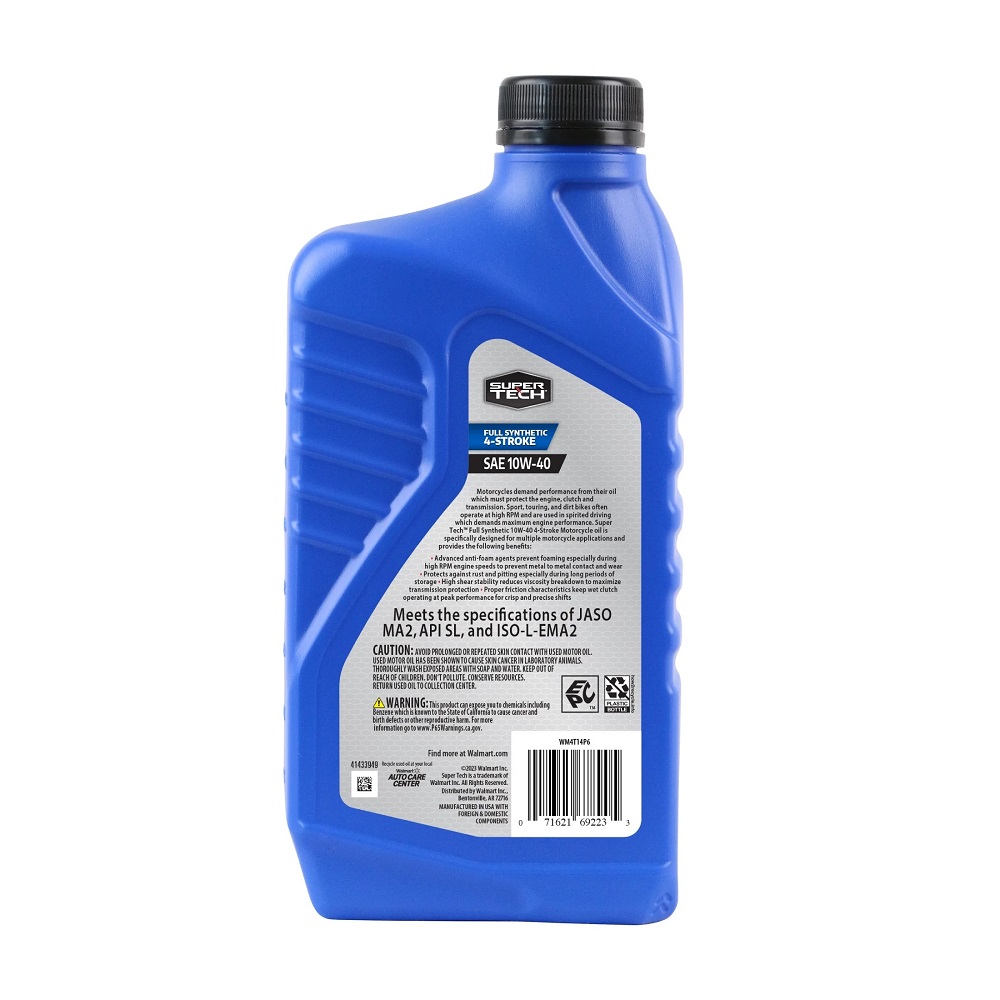
Benefits of Using 10W40 Motorcycle Oil
Enhanced Engine Protection
One of the primary benefits of using 10W40 motorcycle oil is improved engine protection. The oil forms a protective layer between engine components, reducing wear and tear during operation. This is particularly crucial during moments of high stress, such as acceleration, braking, and cornering. A quality oil not only supports optimal function but can also prolong the life of your engine, helping you avoid costly repairs down the line.
Temperature Regulation
10W40 oil is designed to perform well under various temperature conditions, especially when you choose the best 10W40 fully synthetic motorcycle oil. Fully synthetic 10W40 oil provides superior lubrication in colder weather while maintaining its viscosity at high temperatures, ensuring optimal performance regardless of climate. This versatility allows the engine to run efficiently and reliably in broader temperature ranges, which is particularly beneficial for motorcycles exposed to varying conditions. Using the best 10W40 fully synthetic motorcycle oil helps regulate engine temperature, prevent overheating, and ensure that all engine parts operate smoothly and efficiently, giving riders peace of mind on every journey.
Fuel Efficiency
Another significant advantage of 10W40 motorcycle oil is its potential to enhance fuel efficiency. When engine components are adequately lubricated, they operate more smoothly, reducing friction and energy loss. This efficiency translates to improved fuel economy, allowing riders to maximize their trips without frequent stops at the gas station. For riders who value both performance and cost savings, choosing the right oil can make a significant difference.
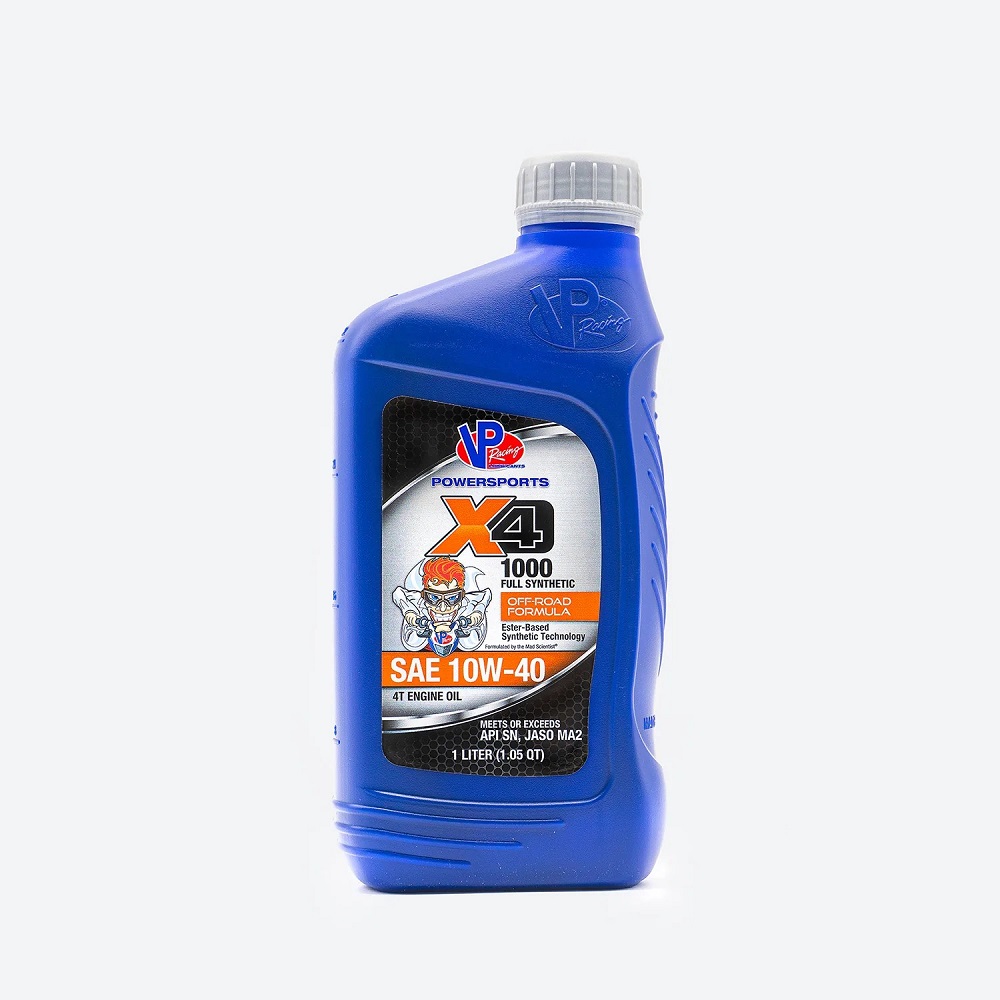
Synthetic vs. Conventional Oils
Understanding Oil Types
When it comes to motorcycle oil, there are two major types to consider: synthetic and conventional. Conventional oils are derived from crude oil and have been used for decades as the standard for automotive and motorcycle engines. Synthetic oils, on the other hand, are chemically engineered to provide superior performance and protection. They often offer improved viscosity, better temperature stability, and enhanced cleaning properties.
Benefits of Synthetic Oils
Synthetic oils generally provide several advantages over conventional options. They are designed to perform better under harsh conditions, maintaining their viscosity and protective qualities even in extreme temperatures. Additionally, synthetic oils tend to resist oxidation and breakdown, leading to longer intervals between oil changes. As a result, riders may find that investing in synthetic oils ultimately saves time and money in the long run.
Considerations for Conventional Oils
While synthetic oils offer numerous benefits, conventional oils can still provide reliable performance. Many motorcycle manufacturers recommend conventional oil for specific engine types and ages. Conventional oil is often more affordable, making it appealing for budget-conscious riders. Additionally, newer motorcycles may not require the advanced performance of synthetic oils, making conventional options suitable for regular use. Understanding the specific needs of your motorcycle will guide you in making the best choice.
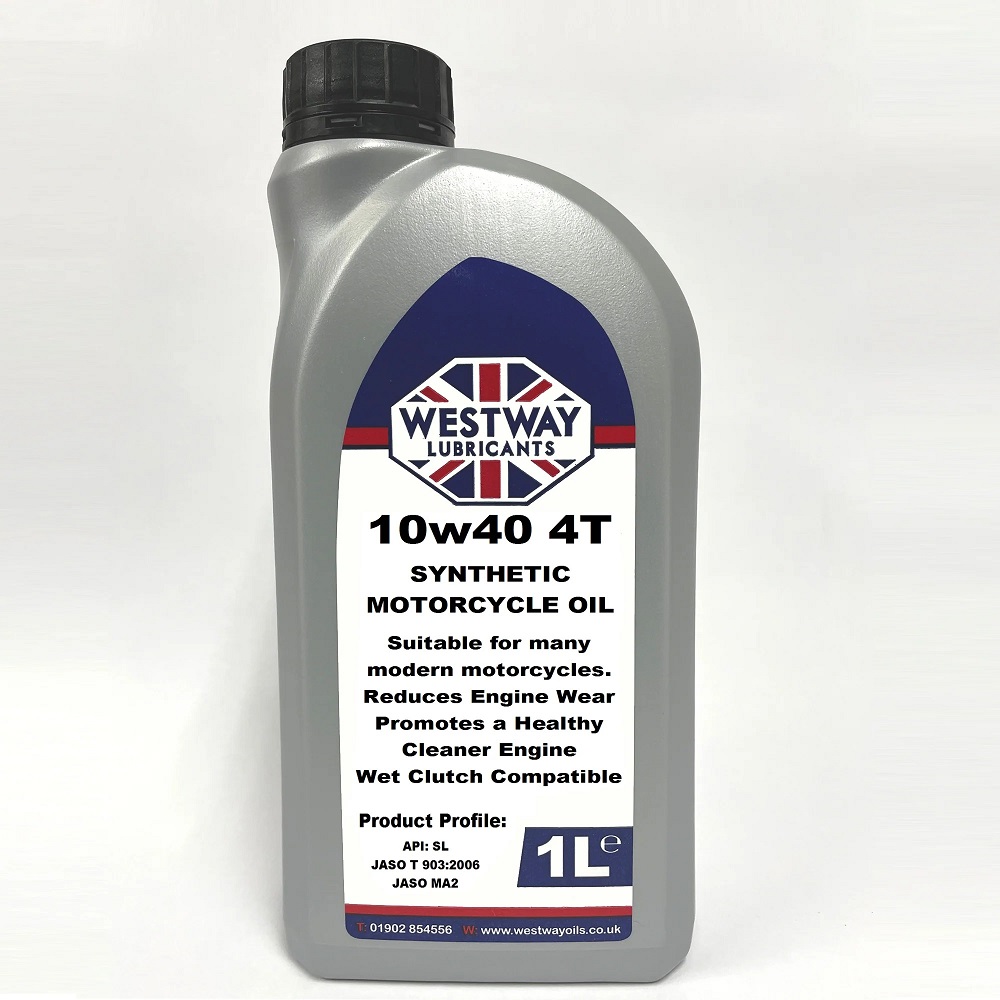
Factors to Consider When Choosing 10W40 Oil
Manufacturer’s Recommendations
Always start by checking your motorcycle manufacturer’s recommendations regarding oil. The owner’s manual typically provides guidance on the type and viscosity of oil best suited for your engine. By adhering to these specifications, you can ensure that your bike operates efficiently and effectively. Ignoring the manufacturer’s guidelines may lead to performance issues or void warranties.
Riding Conditions and Style
Consider your riding conditions and style when selecting 10W40 oil. If you ride in extreme temperatures or harsh conditions, synthetic oil may be a better choice due to its superior ability to withstand stress. If you primarily ride casually in moderate weather, conventional oil may be sufficient. Assessing your riding habits will help you choose oil that aligns with your specific needs and preferences.
Oil Change Intervals
Think about how often you plan to change your oil. Synthetic oils generally allow for longer intervals between changes due to their enhanced performance properties. However, if you opt for conventional oil, you may need to change it more frequently to maintain engine protection. Knowing when to change the oil based on its type and your motorcycle’s requirements will help prolong the life of your engine.
The Importance of Regular Oil Changes
Protecting Engine Components
Regular oil changes are vital for maintaining the health of your motorcycle engine. Over time, engine oil collects dirt, debris, and contaminants, which can lead to reduced lubrication and potential damage. Fresh oil ensures that all components are properly lubricated, reducing friction and wear. By establishing a routine for oil changes, you protect your engine and enhance its longevity.
Supporting Performance
Changing your oil regularly aligns with the principles of optimal performance. Over time, oil loses its effectiveness, meaning it can’t provide the necessary protection. Using high-quality 10W40 oil and ensuring regular changes allows your motorcycle to operate at peak performance levels. This maximizes responsiveness and power, giving you a better riding experience.
Environmental Considerations
Proper disposal of old oil is also an important factor to consider. Used oil should never be poured down the drain or thrown in the trash, as it can harm the environment. Many service stations or auto parts stores offer recycling programs for used oil. Taking responsible care of your motorcycle helps protect the planet, and making informed choices about oil usage and disposal can positively influence the environment.
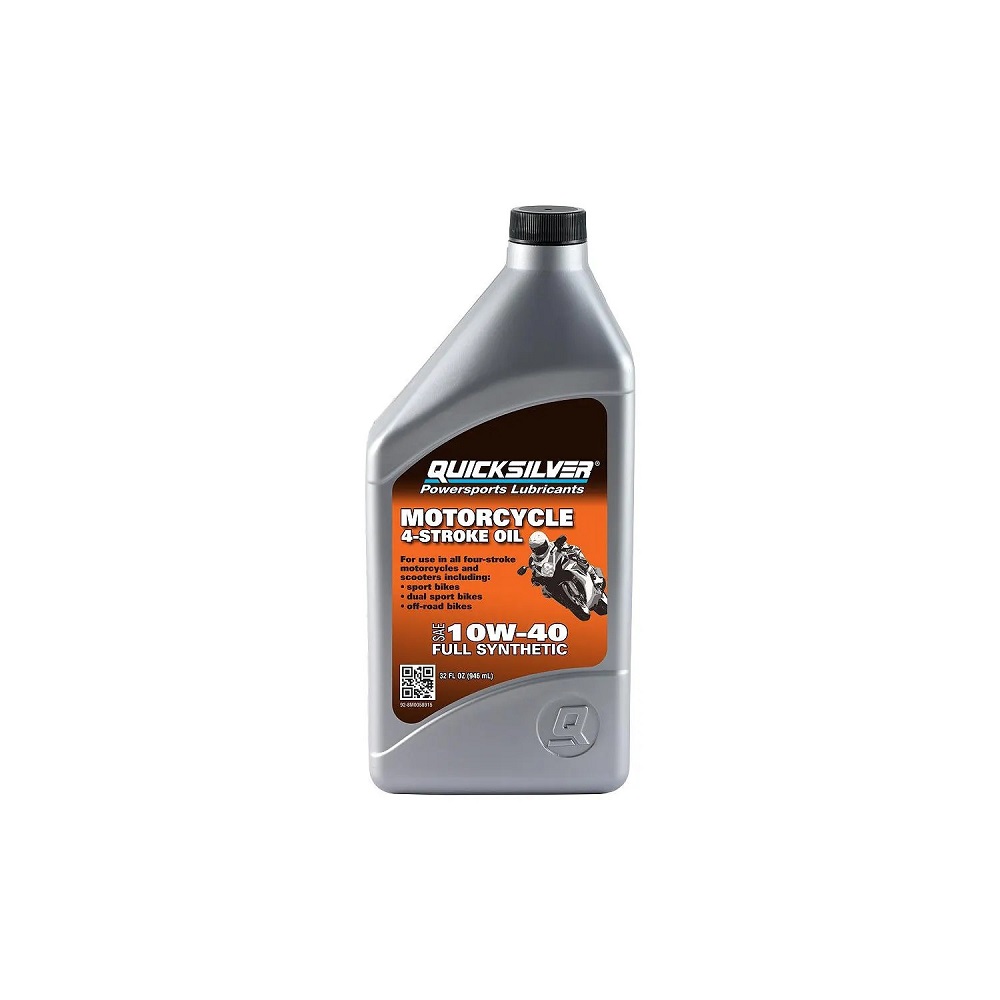
Signs You Need to Change Your Oil
Monitoring Oil Levels
Keeping an eye on your oil levels is crucial for maintaining your motorcycle’s health. If the oil level is consistently low, it may indicate a leak or excessive consumption. Regularly inspect the oil dipstick to monitor levels and top off as needed. If you find it dipping more frequently than expected, it may be time for an oil change or further investigation into the underlying issues.
Changes in Oil Appearance
The appearance of your oil can provide insights into its condition. Fresh oil typically has a bright, amber color. Over time, it will darken due to contamination. If you notice a murky or gritty texture, it’s a warning sign that the oil is no longer effective and needs to be changed. Rely on regular visual inspections as part of your maintenance routine to assess oil quality.
Unusual Engine Noises
Unusual noises from the engine may also indicate that it’s time for an oil change. If you hear knocking or grinding sounds, it may be a sign that the oil is failing to effectively lubricate the components. Additionally, if your motorcycle has less responsiveness during acceleration, it might indicate that the oil is no longer performing well. Listening attentively to your motorcycle can provide valuable insights into its needs.
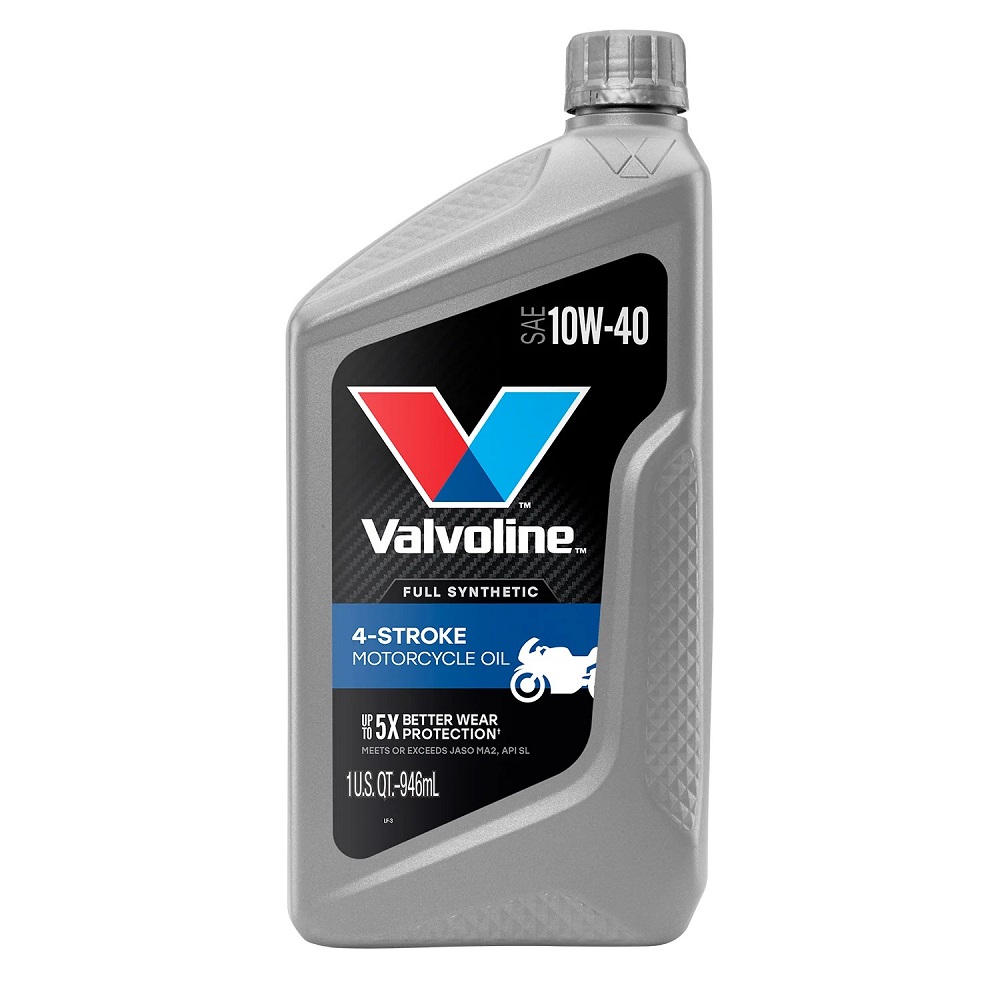
Conclusion: Choose Wisely for Your Motorcycle
Embracing the Benefits of 10W40 Oil
In conclusion, choosing the right motor oil is vital for reaching peak performance in your motorcycle. 10W40 motorcycle oil is a versatile option that offers excellent insulation across a range of temperatures, making it suitable for many riders. Understanding its characteristics, advantages, and maintenance requirements will help you make an informed decision tailored to your needs.
Commit to Regular Maintenance
By committing to regular oil changes and proper maintenance, you can ensure the health and longevity of your engine. Monitoring oil levels, examining its appearance, and remaining vigilant to unusual noises will allow you to address concerns promptly. Paying attention to these essential aspects promotes optimal engine performance, supporting enjoyable rides.
Stay Informed About Innovations
As the market for motorcycle oils continues to evolve, staying informed about advancements will allow you to make educated decisions regarding oil choices. Innovations in technology and materials will lead to new products that enhance performance and meet the needs of modern riders. By remaining aware of the latest developments, you can ensure your motorcycle remains in peak condition for every journey ahead.
Enjoy the Ride
Ultimately, the choice of oil and regular upkeep can significantly improve your overall riding experience. With the right 10W40 oil and diligent maintenance practices, you can fully enjoy your motorcycle’s capabilities. Take pleasure in the freedom of the open road, knowing that your engine operates at its best, giving you lasting performance and the excitement of adventure!
